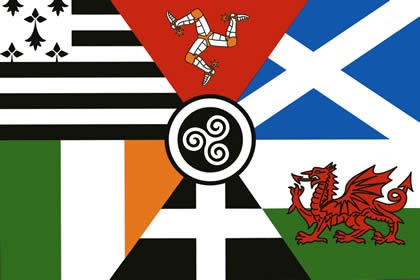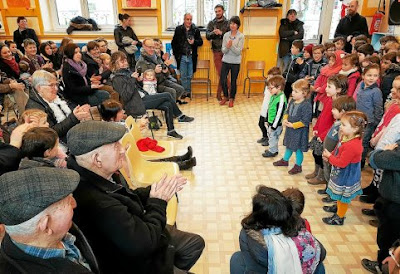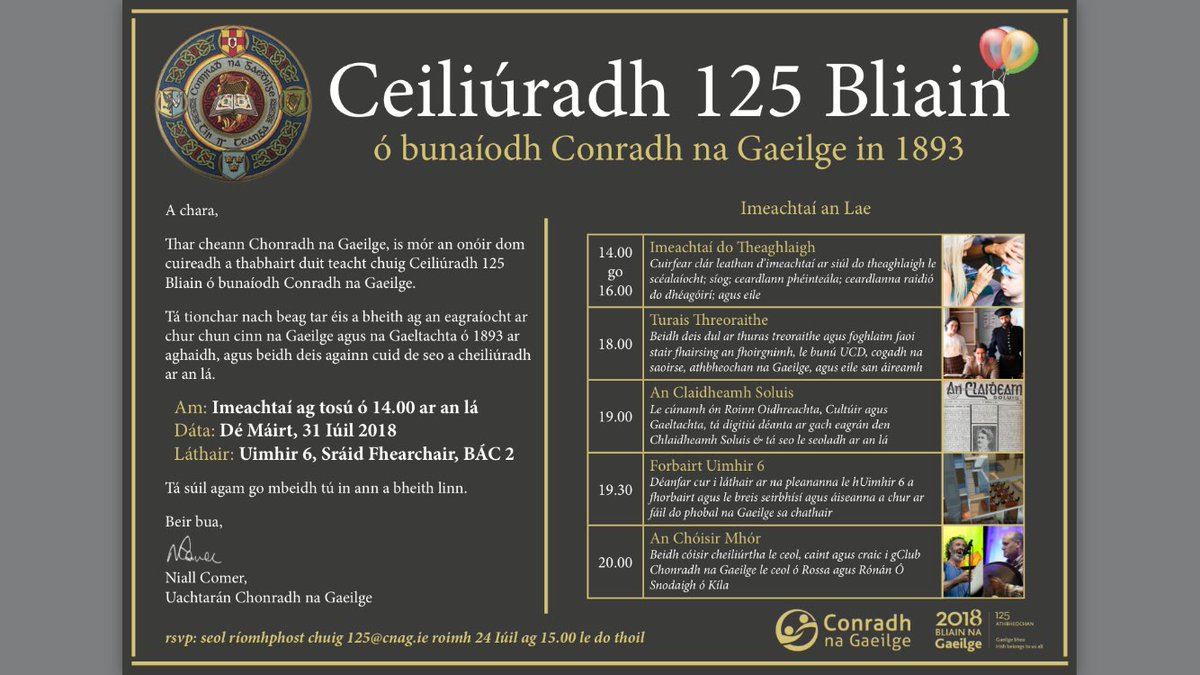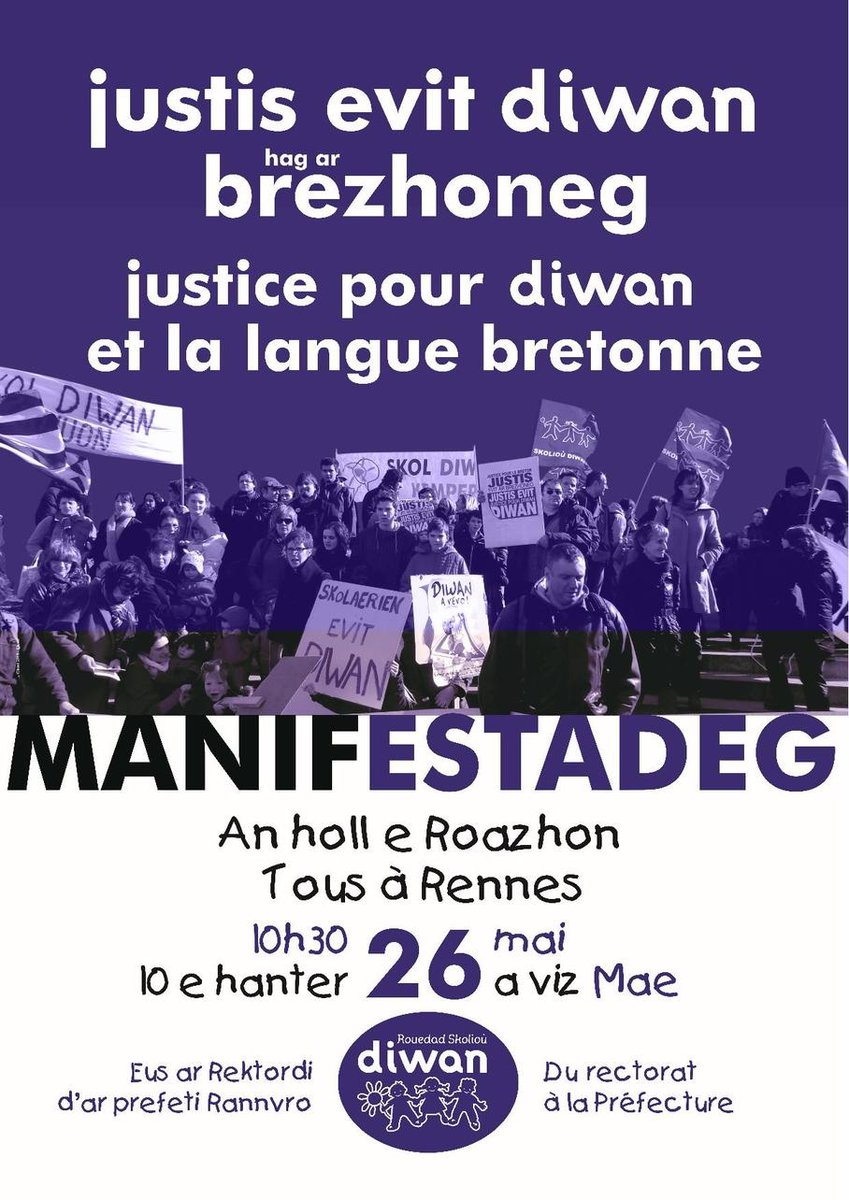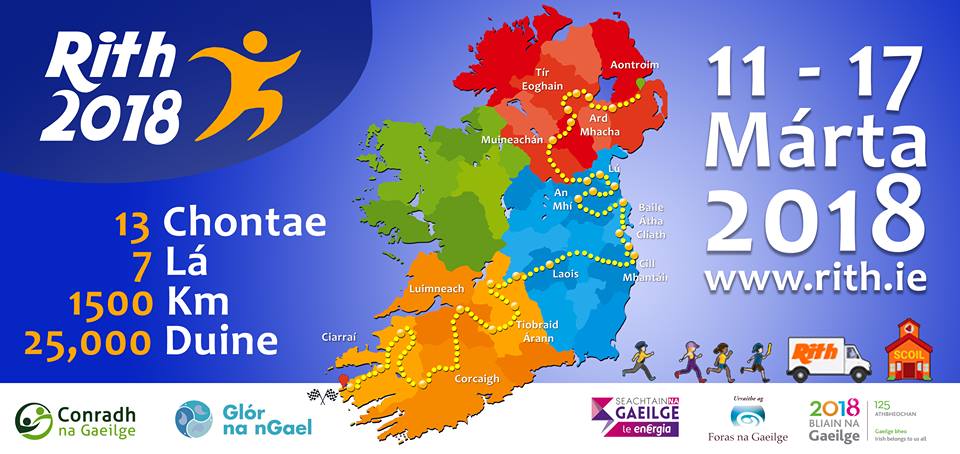A young campaigner has brought his seven-day hunger strike to an end
outside the Senedd in Cardiff Bay today with an appeal for politicians
to back the devolution of broadcasting powers to Wales.
Elfed Wyn Jones from Trawsfynydd has not eaten since last Tuesday as part of a campaign to transfer powers over broadcasting from Westminster to Wales.
The end of the fast came a day before a debate in the Assembly chamber on the matter, and the student presented a letter to the Welsh Government on the Senedd steps.
Speaking at the end of his seven-day stint without food, Elfed Wyn Jones said that the hunger strike “had not been easy” but that it was part of his “responsibility as a citizen of Wales”.
“I genuinely think that this is a crucial question for our democracy in Wales. If people don’t get the right facts about who is making decisions in their name, if they don’t understand how they’re governed, our young Welsh democracy is in serious danger.
“At the moment, fewer than half the population realises that the Senedd in Cardiff runs health, despite twenty years of devolution.
“Decisions about broadcasting in Wales have to be made in Wales if our politicians are to be held properly accountable for their actions.”
According to the results of a YouGov survey held last year, 65% of people in Wales support giving broadcasting powers to the Assembly while only 35% want politicians in Westminster to retain the power.
‘Inspire’
Heledd Gwyndaf, Chair of the campaign group Cymdeithas yr Iaith, said that Elfed Wyn Jones’ actions had “inspired a lot of people” and “kick-started a wider national debate”.
“A number of Assembly Members have also shown support over the years,” she said. “It’s time they now did something.
“As representatives of the people and as leaders of our country, they should take responsibility, pull their socks up and follow in Elfed’s brave footsteps and all those others who are prepared to break the law for this cause.
“Over fifty people are already refusing to pay their TV licenses as part of this campaign.”
An independent review of S4C is expected to be published soon. It is due to consider, among other issues, whether the responsibility for S4C should be devolved from Westminster to the Assembly.
A delay in publishing the conclusions of the inquiry, which were presented to the UK Government before Christmas, means the broadcaster does not know what its budget will be from April.
In 2013, the Silk Commission – a cross-party review commissioned by the UK Government – concluded that control over the government’s financial contribution to S4C should be transferred from Westminster to the Welsh Government.
Source
Elfed Wyn Jones from Trawsfynydd has not eaten since last Tuesday as part of a campaign to transfer powers over broadcasting from Westminster to Wales.
The end of the fast came a day before a debate in the Assembly chamber on the matter, and the student presented a letter to the Welsh Government on the Senedd steps.
Speaking at the end of his seven-day stint without food, Elfed Wyn Jones said that the hunger strike “had not been easy” but that it was part of his “responsibility as a citizen of Wales”.
“I genuinely think that this is a crucial question for our democracy in Wales. If people don’t get the right facts about who is making decisions in their name, if they don’t understand how they’re governed, our young Welsh democracy is in serious danger.
“At the moment, fewer than half the population realises that the Senedd in Cardiff runs health, despite twenty years of devolution.
“Decisions about broadcasting in Wales have to be made in Wales if our politicians are to be held properly accountable for their actions.”
According to the results of a YouGov survey held last year, 65% of people in Wales support giving broadcasting powers to the Assembly while only 35% want politicians in Westminster to retain the power.
‘Inspire’
Heledd Gwyndaf, Chair of the campaign group Cymdeithas yr Iaith, said that Elfed Wyn Jones’ actions had “inspired a lot of people” and “kick-started a wider national debate”.
“A number of Assembly Members have also shown support over the years,” she said. “It’s time they now did something.
“As representatives of the people and as leaders of our country, they should take responsibility, pull their socks up and follow in Elfed’s brave footsteps and all those others who are prepared to break the law for this cause.
“Over fifty people are already refusing to pay their TV licenses as part of this campaign.”
An independent review of S4C is expected to be published soon. It is due to consider, among other issues, whether the responsibility for S4C should be devolved from Westminster to the Assembly.
A delay in publishing the conclusions of the inquiry, which were presented to the UK Government before Christmas, means the broadcaster does not know what its budget will be from April.
In 2013, the Silk Commission – a cross-party review commissioned by the UK Government – concluded that control over the government’s financial contribution to S4C should be transferred from Westminster to the Welsh Government.
Source

